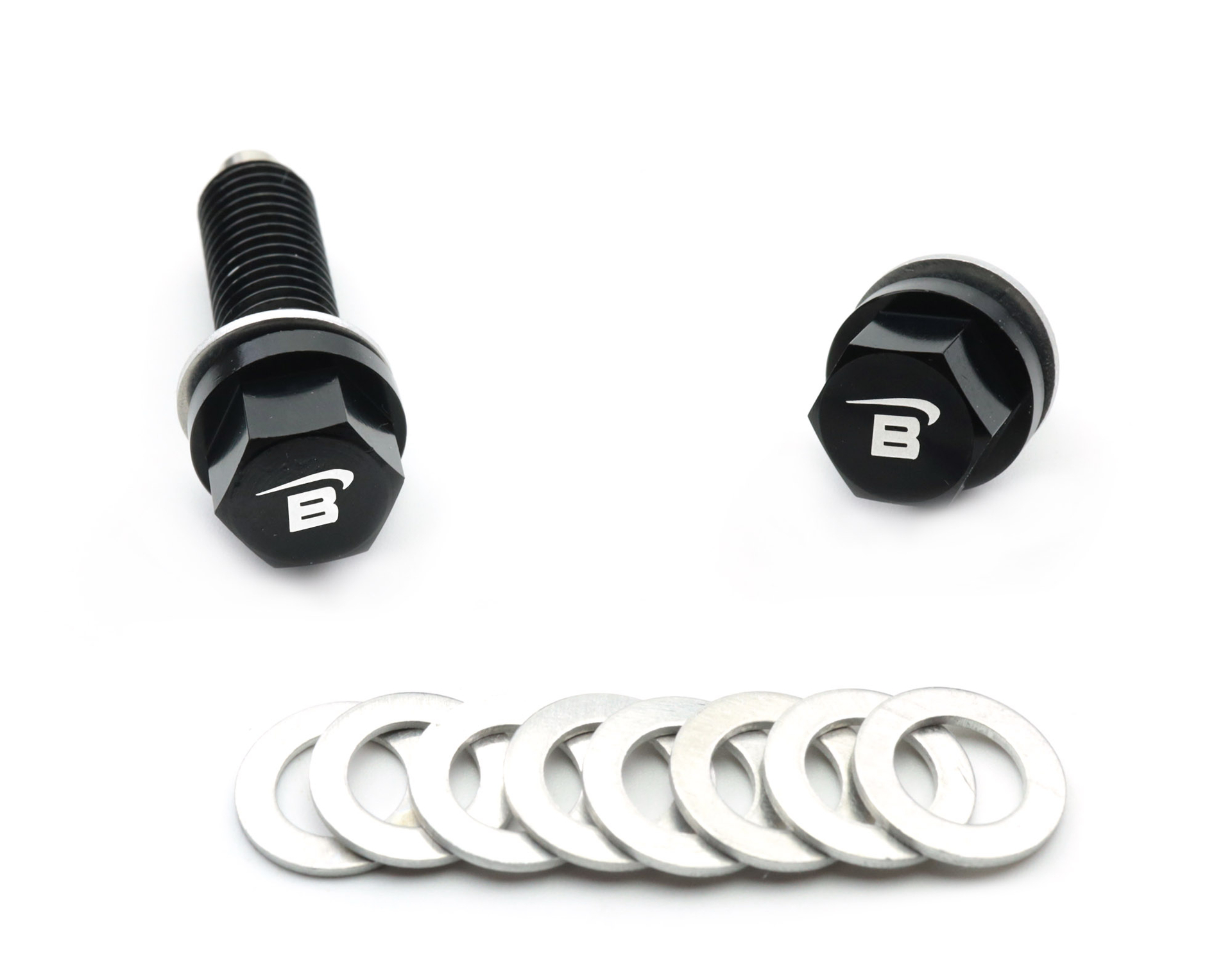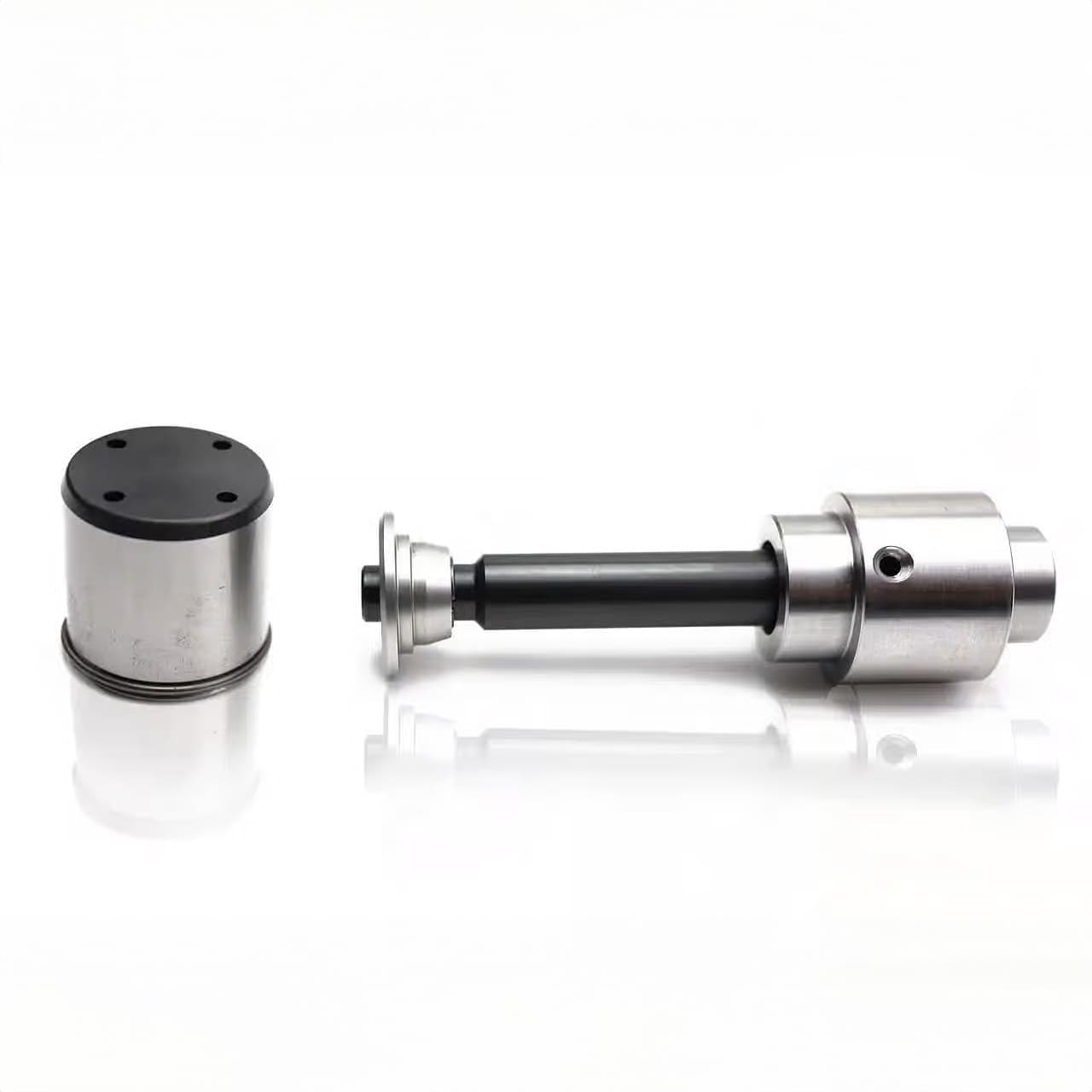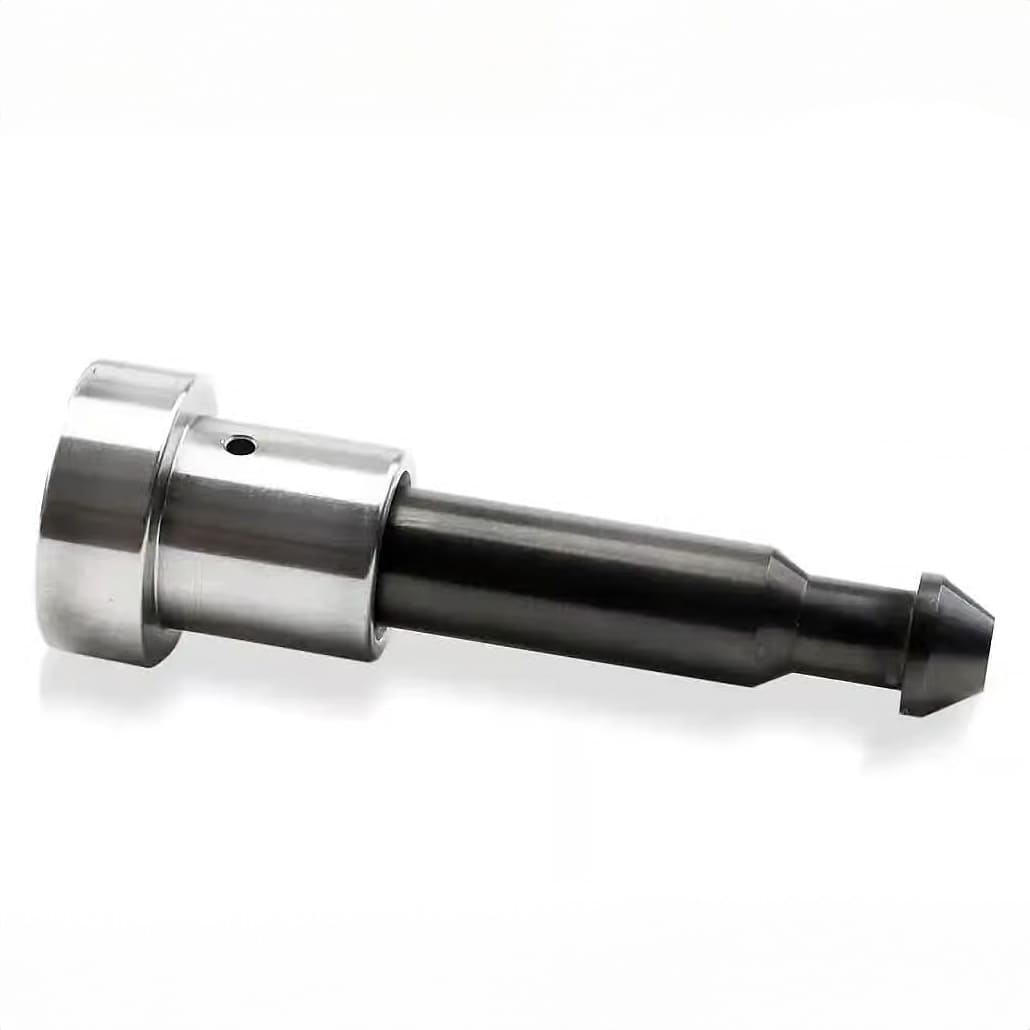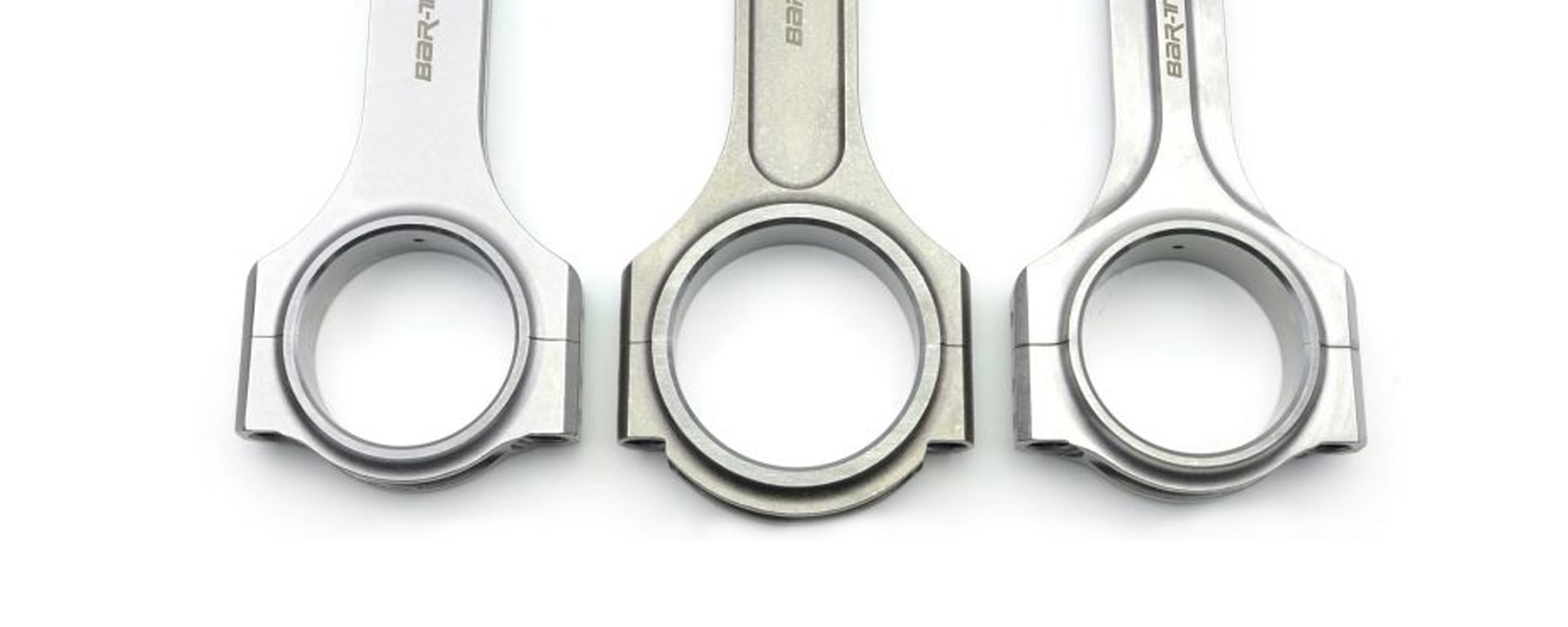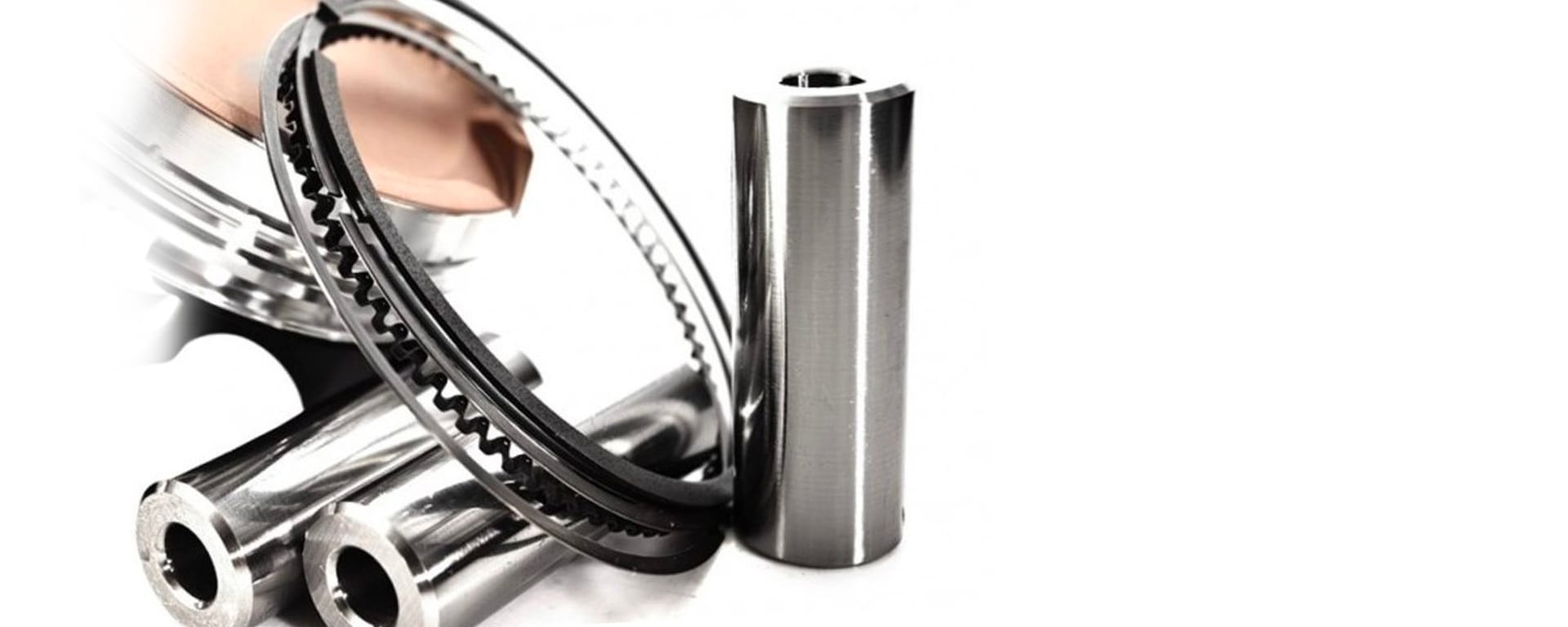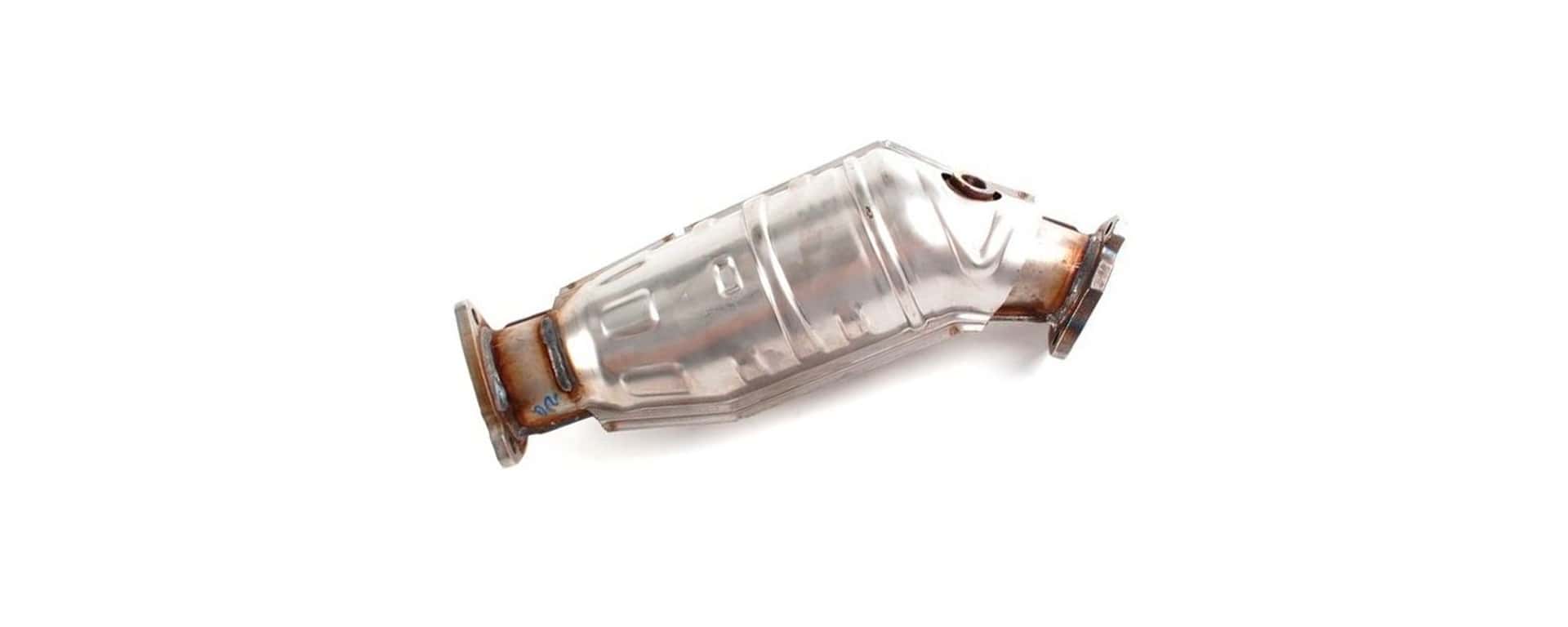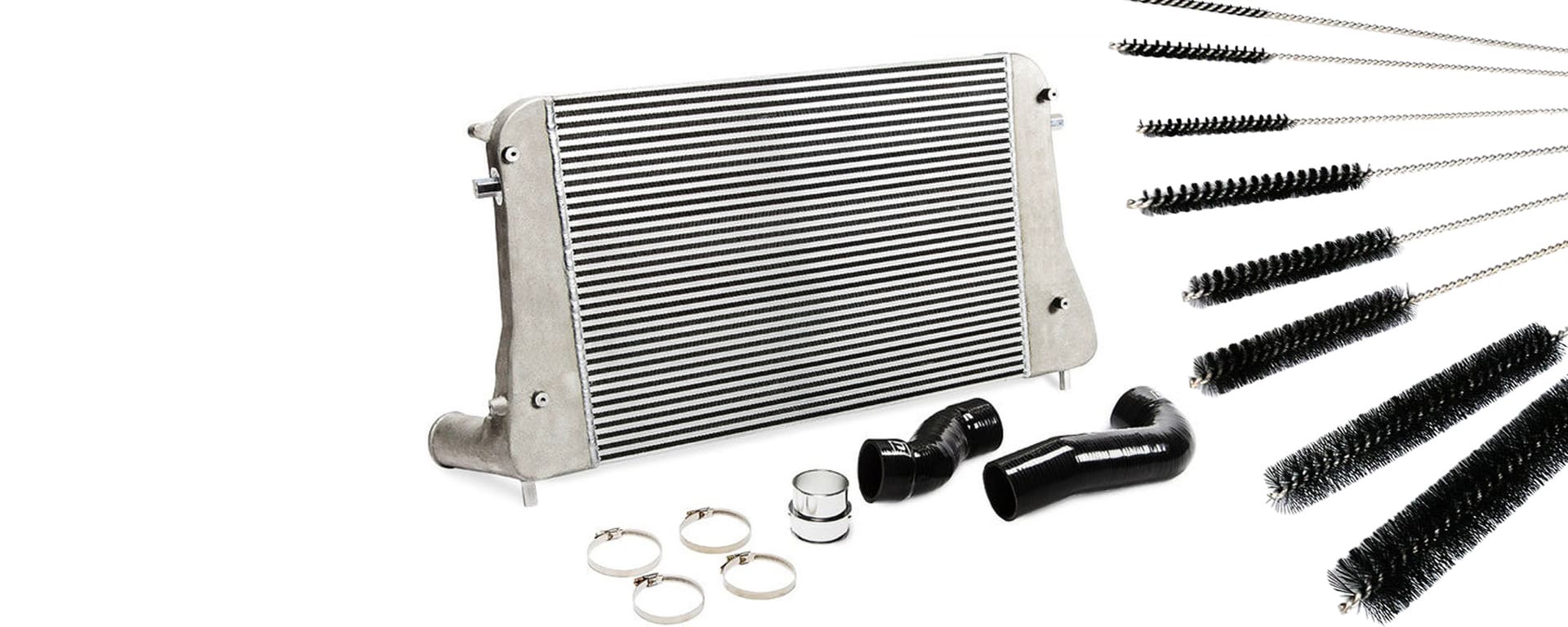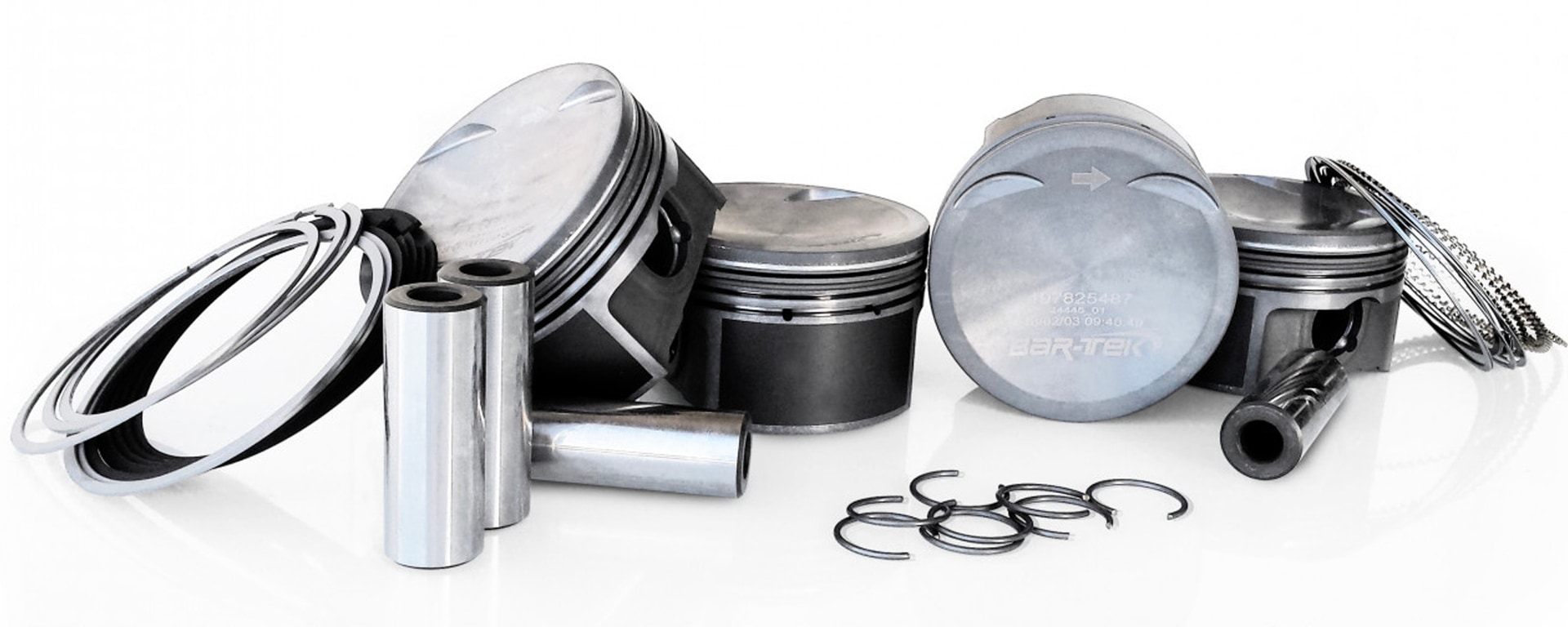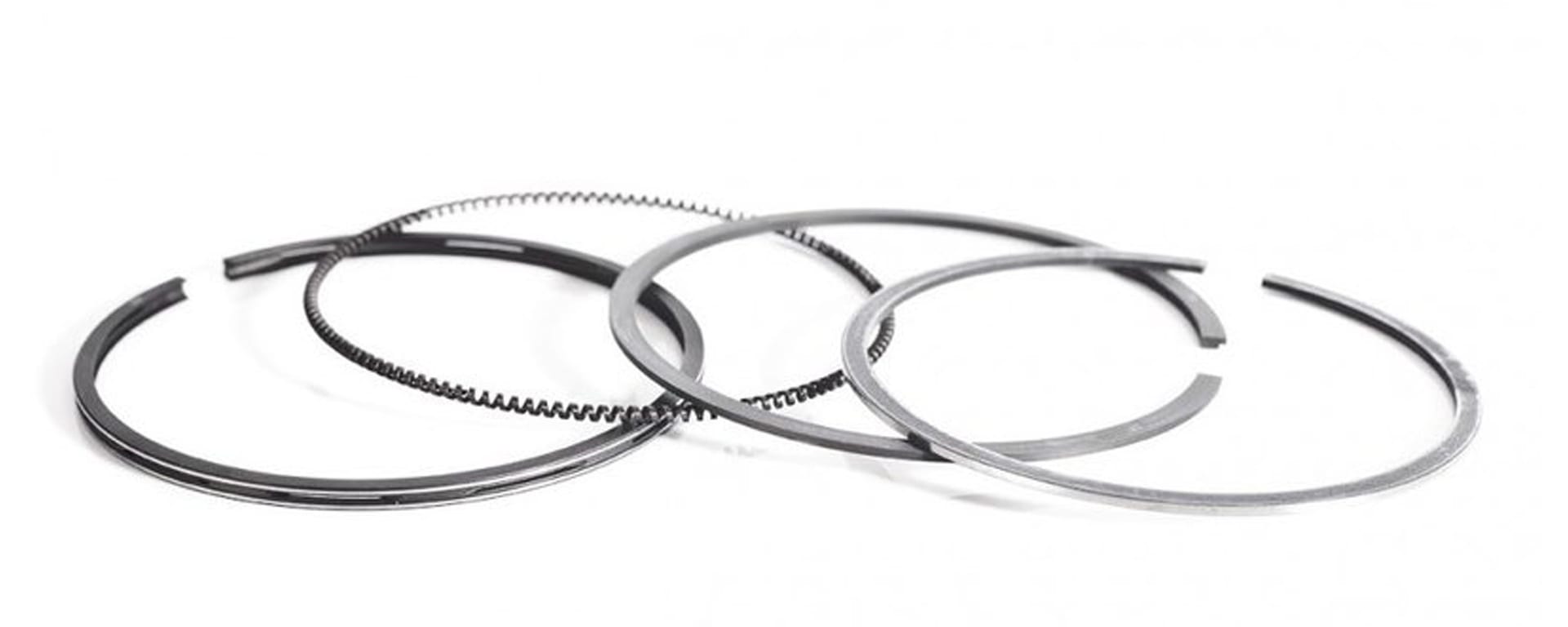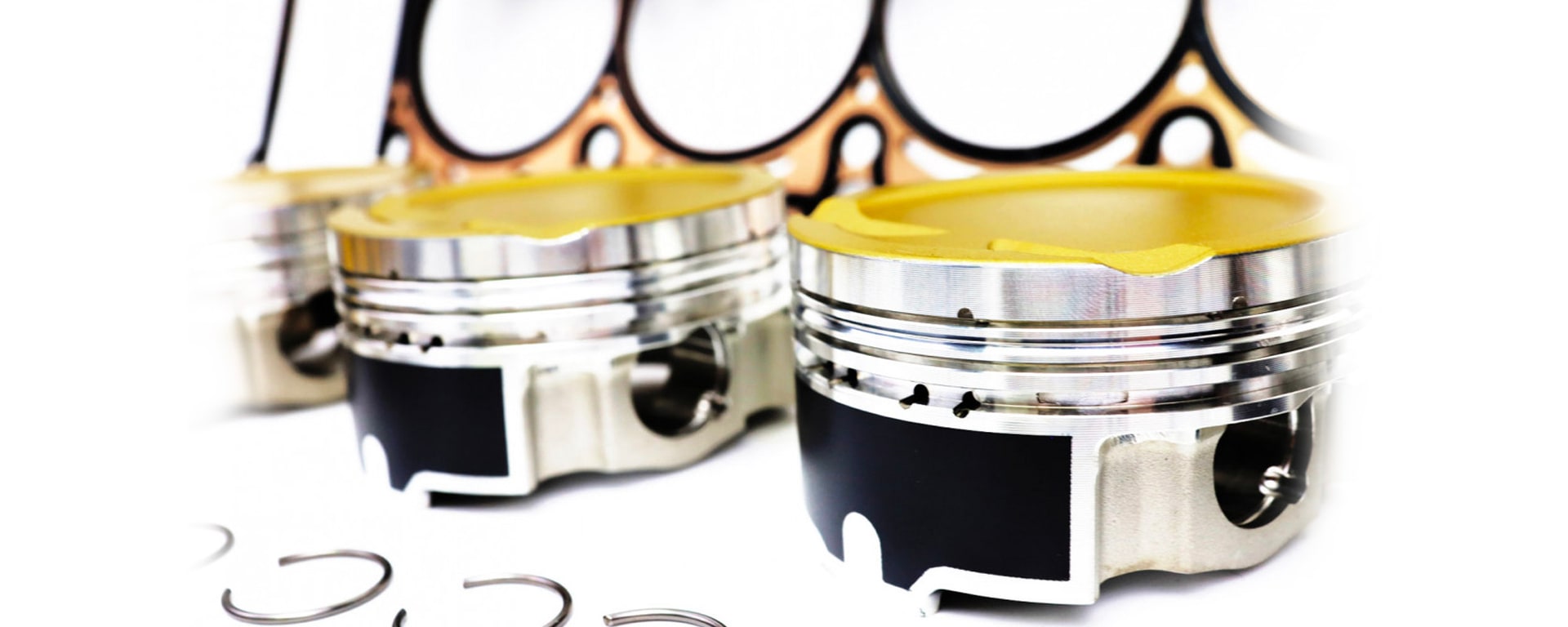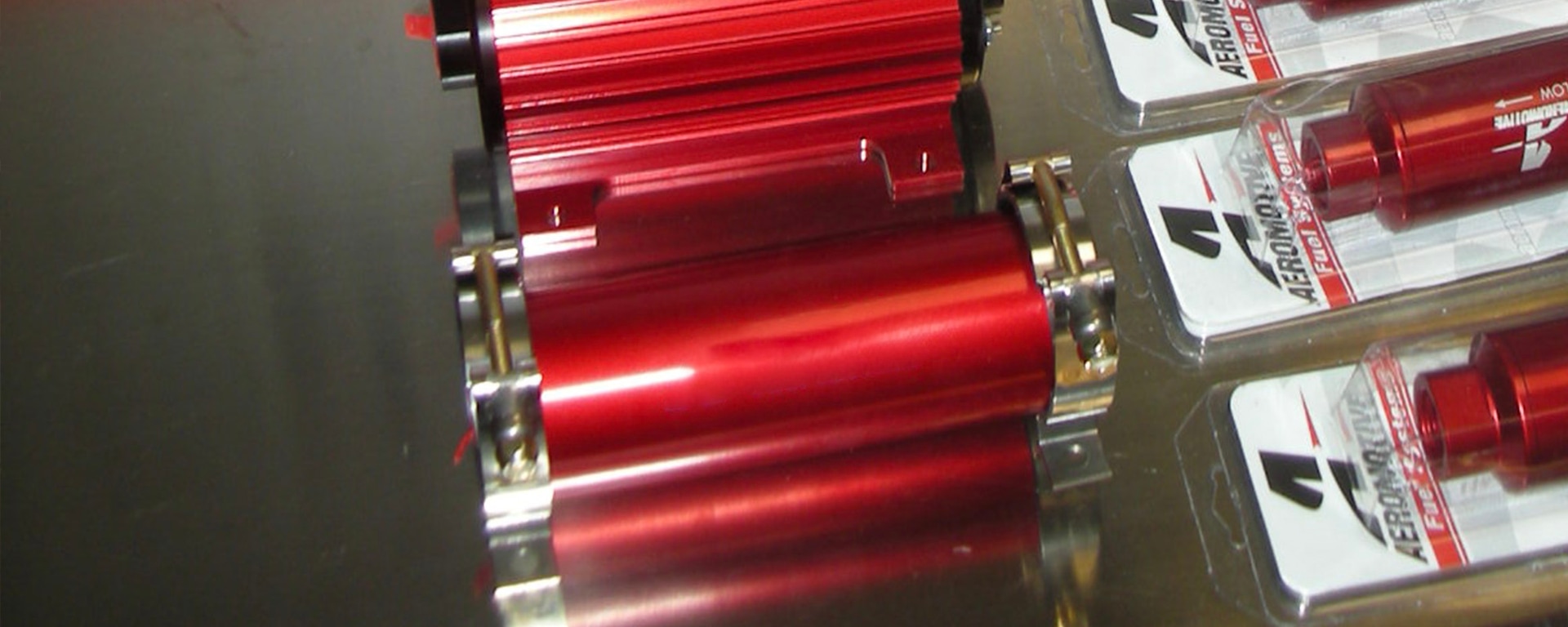

Upgrade pumps in tuning
When we tune an engine, it’s really important to ensure a problem-free fuel supply. Even in extreme situations, the engine can’t be allowed to run dry, and that’s precisely why the tuned engine needs an upgrade fuel pump. Get all the info here: how it all works, the benefits and the right choice for your engine.
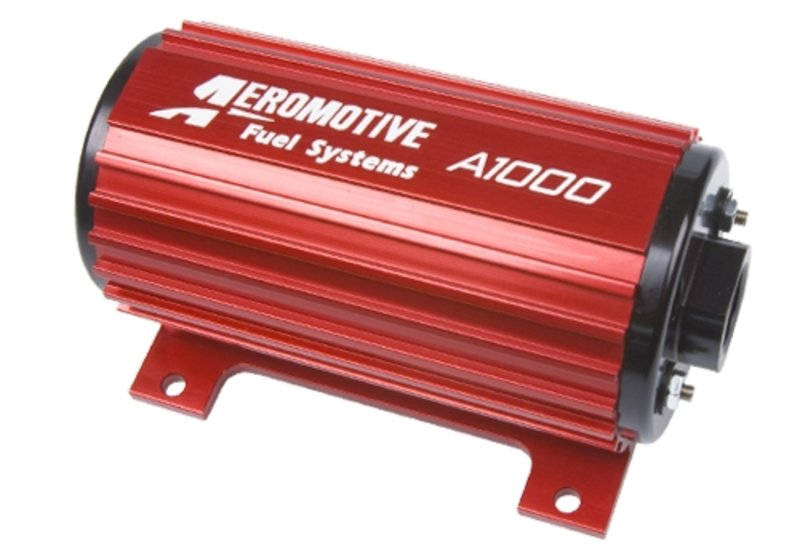
Function of the fuel pump
The fuel pump ensures that there is always enough gasoline available for combustion. It sits in or near the fuel tank and pumps the right amount of fuel at the right pressure through the fuel lines to the engine. A upgrade fuel pump delivers correspondingly more fuel, since more is also needed when power is increased. Besides, it also creates a cooling effect by being flushed by the gasoline.
Mechanical and electrical fuel pumps
Old engines with low power usually have a mechanical fuel pump with diaphragm, which transports the fuel from the tank to the carburetor and is driven by the camshaft. However, these pumps are not suitable for higher horsepower engines because they do not meet the requirements for consistent fuel delivery.
Newer fuel pumps are electronic and perfectly designed for the newer fuel injection systems. These pumps deliver the gasoline at the appropriate pressure to the injectors, which inject it directly into the combustion chamber in the case of direct injection, or just into the intake manifold in the case of intake manifold injection. In the case of direct injection, a high-pressure pump is usually still required, which compresses the fuel and directs it from here to the high-pressure injection valves. Electric fuel pumps are designed to deliver more fuel than necessary to maintain the required pressure at all times. What the engine does not need is returned to the fuel tank. This prevents fuel from accumulating in the engine and causing heat buildup. You get into real trouble when the pump doesn't deliver enough fuel.
What happens if your fuel pump is broken?
Whether your engine is tuned or not, a broken fuel pump is a risk to your engine and to your safety. The engine will no longer receive an adequate supply of fuel and you may experience misfires, loss of power, judder, or even stalling. Poor starting can also be due to a faulty fuel pump. If you notice these symptoms, it's time for a new pump, as your car is now unpredictable and could fail at any time. Some of the most common causes of broken fuel pumps include faulty contacts, relays, wires, gaskets, and fuses. Even with performance engines, especially when cornering, there can be major problems if the pump doesn't provide the necessary power here. This is why you need a high performance pump when tuning.
Thirsty engine - Why tuning the fuel pump?
When you start to increase the power of your engine, for example by chip tuning, a new sport camshaft, optimized intake, a stronger turbocharger or a upgrade of the injection valves, at a certain point a upgrade fuel pump or a second pump makes sense. In any case, you need to make sure that your engine gets more fuel faster for the extra power. This increased delivery is more important than the pressure, as most (smaller) series pumps also have sufficient pressure. In this case a modification of the standard pump is often sufficient.
What are the advantages of tuning the fuel pump?
Your performance tuned engine usually needs more fuel than the stock engine. Without a sufficient fuel supply, you risk not only a drop in performance due to the drop in fuel pressure, but also considerable damage to the engine. But if the pump is perfectly tuned to your engine, all parts are well supplied and you can really enjoy the full potential. For the perfect tuning of your high-flow petrol pump, we of course recommend that you only let professionals do the work who also have the right test bench and the know-how at their disposal. This also ensures that you do not lose your type approval (ABE).
High pressure pumps and low pressure pumps
Depending on the installed system you need a low pressure pump and/or a high pressure pump. For the 2.5L TFSI, for example, you need the low-pressure pump, which is located in the tank, and the high-pressure pump on the engine, which is supplied by the low-pressure pump. For extreme power increases from 400 PS (294 kW) upwards, you should upgrade both pump systems so that your engine doesn't become lean. We have complete kits in our online shop that control the pump depending on the boost pressure, so that your racing pump always delivers the right amount of fuel.
Which pump is the right one for you?
Which pump is the right one for you depends on your car, the installed components and your needs. We are therefore happy to advise you in your search for the optimum fuel supply. Simply get in touch with us.

































































































